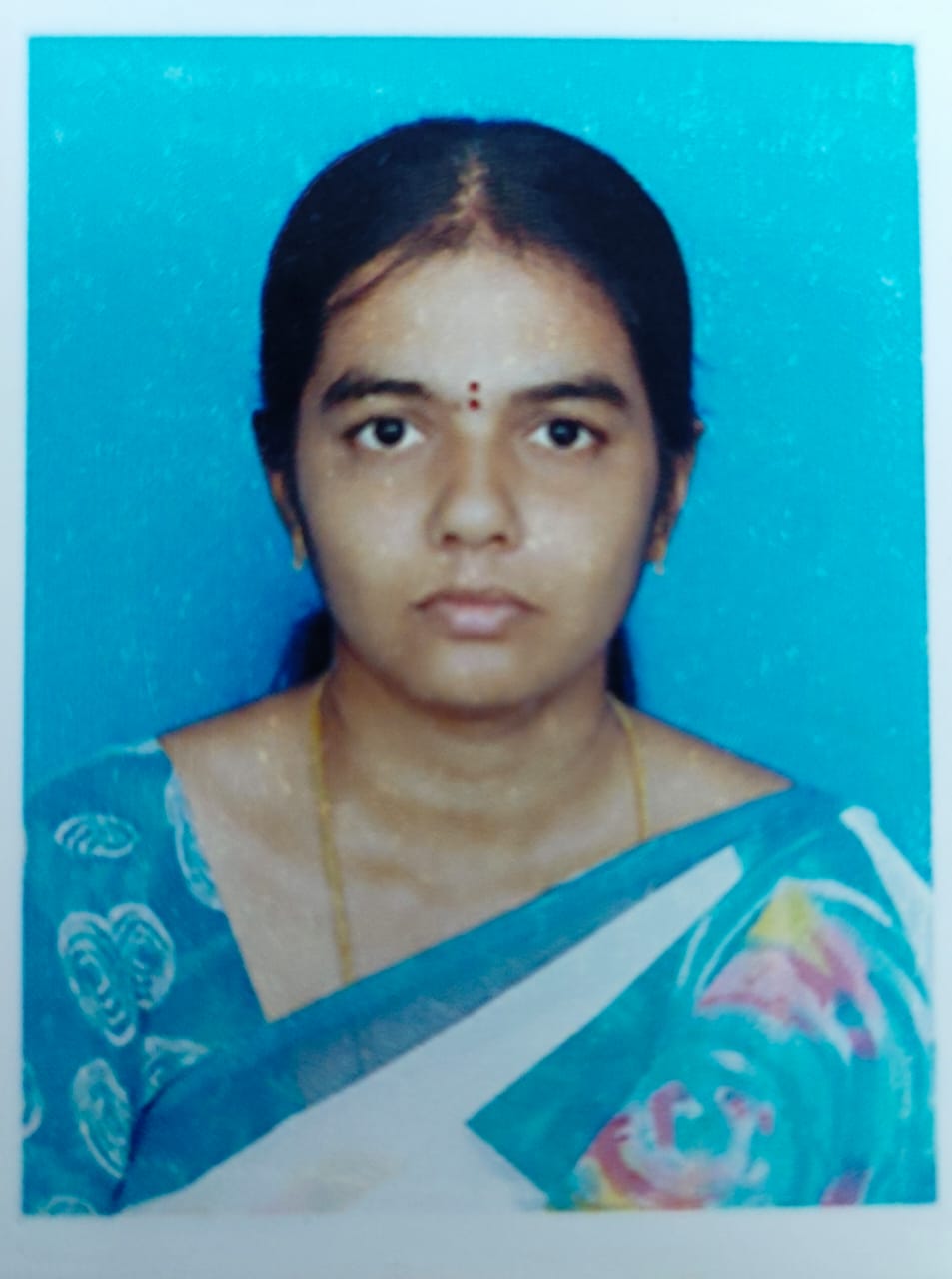What are the five major activities of an operating system in regard to process management
In the context of process management, the operating system performs several key activities to ensure efficient and orderly execution of processes. Here are the five major activities:
-
Process Creation and Termination:
- Process Creation: The operating system provides mechanisms for creating new processes. This involves allocating resources such as memory space, initializing process control blocks (PCBs), and setting up necessary data structures. Processes can be created in various ways, such as by executing a new program or by spawning child processes from existing ones.
- Process Termination: The OS manages the termination of processes when they complete their execution or are terminated prematurely. It deallocates resources associated with terminated processes, including memory space, open files, and other system resources. Cleanup tasks may also include releasing locks, closing network connections, and signaling other processes or threads.
-
Process Scheduling:
- CPU Scheduling: The operating system schedules processes for execution on the CPU based on scheduling algorithms. This involves selecting which process to run next from the pool of ready processes, considering factors such as process priorities, CPU burst times, and scheduling policies (e.g., round-robin, shortest job next, priority scheduling).
- Context Switching: When switching between processes, the OS performs context switches to save and restore the execution context of each process. This includes saving and restoring register values, program counters, stack pointers, and other CPU state information to ensure seamless transitions between processes.
-
Process Synchronization:
- Mutual Exclusion: The OS provides mechanisms for ensuring mutual exclusion to prevent simultaneous access to shared resources by multiple processes. This includes using synchronization primitives such as locks, semaphores, and mutexes to coordinate access and enforce exclusive access to critical sections of code.
- Interprocess Communication (IPC): The OS facilitates communication and data sharing between processes through IPC mechanisms. This allows processes to exchange data, synchronize their execution, and coordinate their activities. Common IPC mechanisms include message passing, shared memory, pipes, and sockets.
-
Process Communication:
- Interprocess Communication (IPC): In addition to synchronization, the OS supports various IPC mechanisms for communication between processes. This includes message passing, shared memory, pipes, sockets, and remote procedure calls (RPCs), enabling processes to exchange data and coordinate their activities effectively.
- Signals and Events: The OS provides mechanisms for processes to communicate asynchronously through signals, interrupts, or events. Processes can signal each other to notify about events, errors, or other conditions, allowing for event-driven and asynchronous communication patterns.
-
Process Management and Control:
- Process State Management: The OS maintains information about the state of each process, including whether it is running, ready, blocked, or terminated. This information is stored in process control blocks (PCBs) and is used by the OS to manage process execution and scheduling.
- Process Suspension and Resumption: The OS provides facilities for suspending and resuming processes, allowing them to be temporarily halted or resumed based on system events, priorities, or user requests. This enables efficient resource utilization and responsiveness in multitasking environments.
These activities collectively form the core of process management in an operating system, enabling it to coordinate the execution, communication, and synchronization of multiple processes concurrently while ensuring efficient resource utilization and system responsiveness.







Tags
Qualification
Course
Department
Stream
Subject